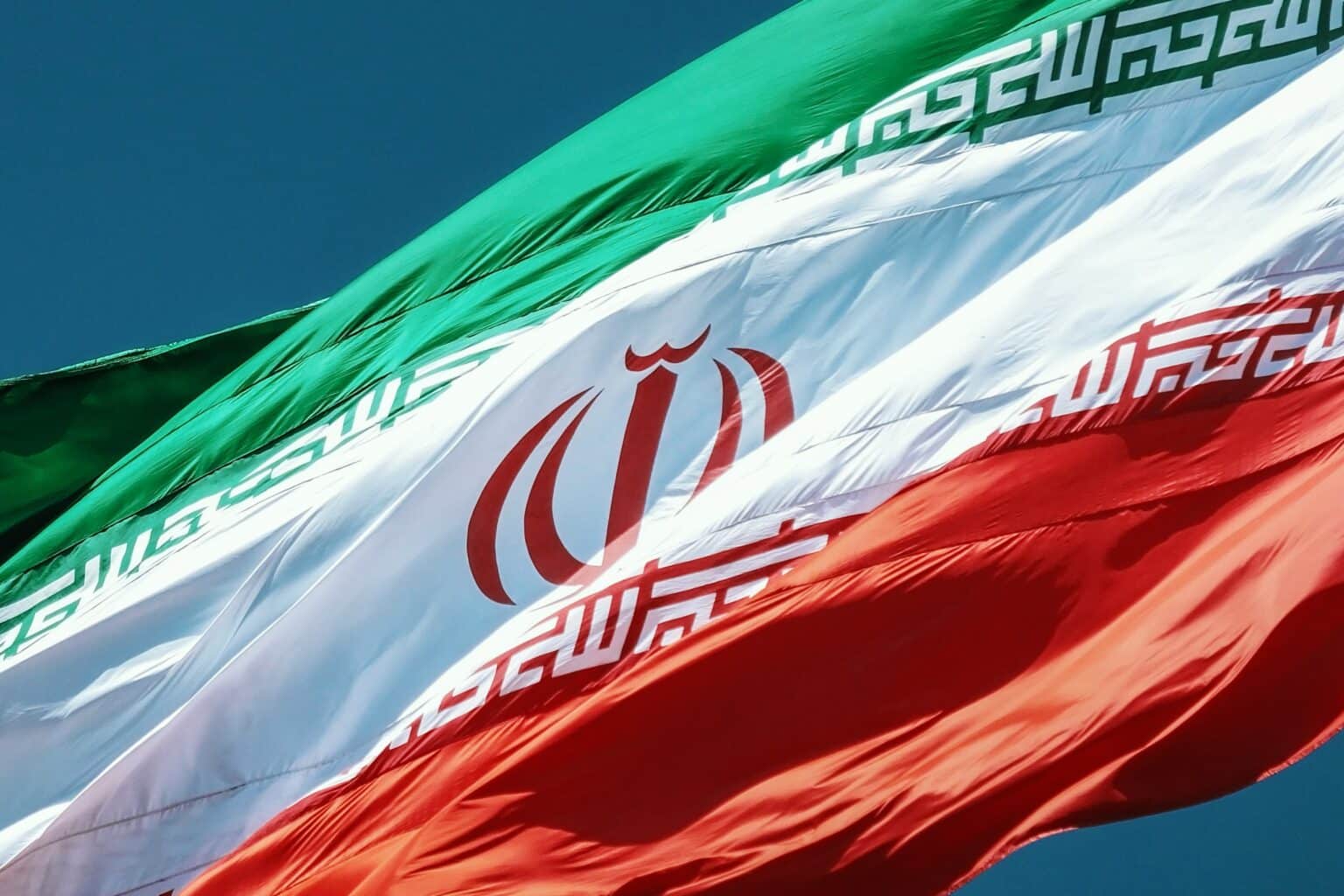Iran announced Monday that its supreme leader Ayatollah Ali Khamenei has pardoned more than 22,000 protesters who’ve been arrested in the recent sweep of demonstrations across the country.
The nationwide protests were sparked by the September 16 death of 22-year-old Mahsa Amini while in police custody. She’d been arrested three days earlier by Iran’s morality police for not properly wearing a religious head covering called a hijab.
Monday’s announcement of the pardons came from Iran’s judiciary head Gholamhossein Mohseni Ejehi, and it offered for the first time a hint of the full scope of the government’s crackdown on the demonstrators.
Along with the tens of thousands of arrested since the protests in Iran began, the Islamic Republic has executed at least 15 men following fast-tracked trials. All have reportedly been hanged.
Some human rights groups put the estimate higher. The Center for Human Rights in Iran asserts that at least 530 people have been killed amid the government’s crackdown. The group’s tracking estimates also find that more than 19,700 people have been arrested during the protests.
“We also know that more than five months after the death of…Mahsa Amini in state custody, not a single Iranian official has been held accountable for the mass killings of street protesters, nor the arbitrary imprisonments of tens of thousands,” said the Center’s deputy director Jasmin Ramsey.
On Monday Ejehi said a total of 82,656 prisoners and those facing charges across Iran had been pardoned, including some 22,628 who had been arrested amid the protests. Those pardoned had not committed theft or violent crimes, he added, suggesting that the true total of arrested protesters is likely even higher.
Iran’s mass unrest comes as the country struggles through economic woes following the collapse of the nation’s currency, the rial, as well as uncertainty over Iran’s global position after the breakdown of the 2015 nuclear deal with the U.S and other world powers. The sweeping protests represent one of the most-serious challenges to the establishment since the 1979 Islamic Revolution. Tens of thousands also were detained in purges that followed the revolution.
On February 24, marking one year since Russia invaded Ukraine, the U.S. imposed widespread sanctions that included new export restriction rules on Iran, which has been providing drones that Russia has been using to attack Ukrainian cities and power structures.


